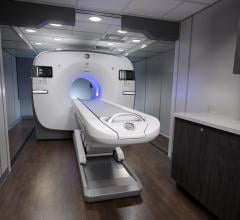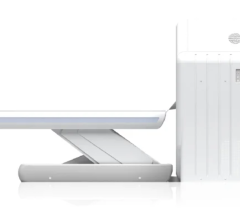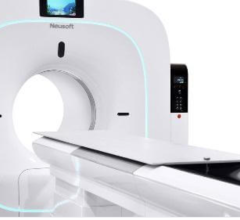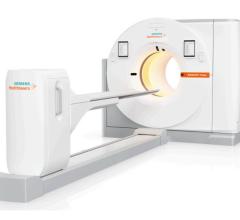
April 28, 2009 - Experts have compiled a comprehensive overview of the literature regarding the usefulness of PET imaging for the treatment of several cancers, "Personalizing Cancer Therapy with FDG PET: From RECIST to PERCIST," providing a compilation of results of therapeutic regimens across a broad range of cancers published as a supplement to The Journal of Nuclear Medicine
The reference tool presents the most up-to-date information about the use of fluorodeoxyglucose and positron emission tomography (FDG-PET) for monitoring therapy and treatment of many different cancers. Internationally recognized PET imaging specialists and oncologists contributed to and developed this new supplement.
FDG-PET is a noninvasive, painless molecular imaging technology that allows physicians to determine how organs and tissues inside the body are functioning on a molecular and cellular level. In the past, collecting information about tumor response in a structured and meaningful format was difficult. As a result, generally accepted criteria for response assessment in solid tumors did not exist. Because each patient is unique, oncologists have no way of accurately predicting which patient will benefit from a specific therapy.
Those involved in the production of the new supplement believe that the international guidelines and criteria for response assessment using PET in solid tumors provided by the new periodical may notably alter cancer treatment and prognosis.
“The literature in this publication suggests that FDG-PET could play a significant role in personalizing the treatment of malignant tumors,” said Wolfgang Weber, M.D., editor of the supplement and medical director with the division of nuclear medicine at the Albert-Ludwigs University in Freiburg, Germany. “It could positively impact patient care by providing access to critical imaging procedures to ensure that patients get the right treatment early on in their cancer.”
Most anticancer drugs are effective only in subgroups of patients, and many of the various techniques developed to monitor tumor response to these drugs have proven to be inadequate. “FDG PET imaging, on the other hand, has been shown to improve response assessment in several tumor types, such as lymphoma, and a variety of single-center studies have shown that FDG PET may provide earlier or more accurate assessment of tumor response in other types of cancer.
Because the supplement aims to present a careful discussion of the available literature and provide guidance for treatment monitoring with FDG-PET, researchers involved in a wide range of cancer studies were given templates to use for reporting purposes to ensure that data was collected in a meaningful way. The researchers then methodically summarized strengths and weaknesses of various approaches for predicting or monitoring tumor response, and described common methodological differences between individual studies and their effects on the reported diagnostic accuracy of FDG-PET.
“Previously, researchers used different criteria and their results were inconsistent,” explained Weber. “The tabulated format we required for this publication provided the necessary structure to gather data and made it possible to compare results from different studies, making it easier for doctors to find valuable information in a uniformly structured and centralized location.”
Source: The Journal of Nuclear Medicine
For more information: www.snm.org


 July 25, 2024
July 25, 2024 








